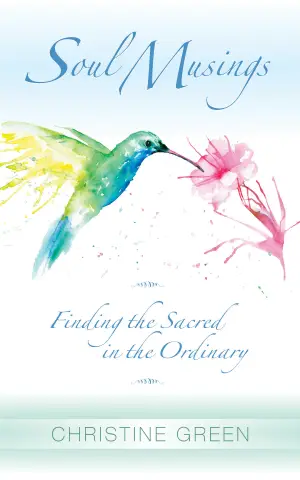A Reflection on Mutual Aid: Building Solidarity in This Crisis (And the… by Dean Spade
In a world increasingly marked by division and uncertainty, Mutual Aid caught my attention like a beacon. Dean Spade, known for his activist lens and advocacy for marginalized communities, offers a perspective on how we might band together in these tumultuous times. As I settled into the pages, I anticipated a transformative vision—a call to action that would reinvigorate my belief in community solidarity. Instead, I found myself both engaged and frustrated, grappling with Spade’s arguments on the merits of mutual aid versus traditional charity.
One of the central themes of Mutual Aid is the push for de-professionalized initiatives that aim to meet "survival needs" through consensus decision-making. This vision creates a compelling narrative of grassroots empowerment and community resilience, but I couldn’t shake the feeling that it was somewhat idealistic. Spade argues passionately against the strings attached to government and non-profit initiatives, promoting a stark separation from the traditional charity model. However, as a reader, I couldn’t help but notice the irony that Spade himself is a founder of a nonprofit, the Sylvia Rivera Law Project. It felt as though the author was tiptoeing around the complex realities of how we often do, in fact, need structured systems to meet significant survival needs, especially when it comes to healthcare.
I found the first half of the book somewhat convoluted. While Spade critiques various forms of charity, he envisions a mutual aid framework that still sounds a lot like charity, albeit in a revolutionary disguise. The historical references, particularly to the Black Panther Party’s Free Breakfast Program, seemed compelling at first glance. Yet, they left me feeling unsatisfied. The hierarchical structures of organizations like the BPP clashed with Spade’s arguments for a non-hierarchical approach, leaving me wondering if we were perhaps mixing apples and oranges in trying to draw comparisons.
The second half of the book shifts into a practical "how-to" manual on creating non-hierarchical mutual aid groups. While the flow charts and practical tools might resonate with those new to grassroots organizing, seasoned activists might find it lacks depth. It strikes me more as an HR manual for a progressive nonprofit rather than a radical re-envisioning of community care—a missed opportunity to truly challenge the status quo.
One area that particularly troubled me was the simplistic framing of survival needs. Spade emphasizes food sharing, emergency first aid, and community defense, while virtually ignoring the nuanced complexities of healthcare. References to essential needs like life-saving medications and professional medical services seemed absent, suggesting a naivety about the scale and intricacy of healthcare challenges. This omission made me question whether mutual aid could genuinely serve all aspects of survival without the necessary infrastructure.
Spade’s bold assertion that we must mobilize millions to tackle the underlying causes of societal crises is empowering, yet my heart sank at his exclusion of labor’s potential to build class power and seize existing resources. The reality is, those in healthcare are longing to meet needs; it’s the systems in place that limit their ability to do so.
In conclusion, Mutual Aid presents a mix of inspiration and frustration—an earnest exploration of community solidarity that occasionally veers into idealism. I believe it would resonate with readers searching for a way to foster grassroots initiatives, though it may provoke more seasoned activists to ponder the complexities of existing systems. Personally, this book has sparked a deep reflection on the ways we build community and care for one another, urging me to continue seeking solutions that tackle the profound challenges of our times.
For those curious about the interplay of mutual aid, activism, and community resilience, Dean Spade’s insights will offer valuable food for thought—just be prepared to engage critically with the reality of what mutual aid entails.
Discover more about Mutual Aid: Building Solidarity in This Crisis (And the… on GoodReads >>






